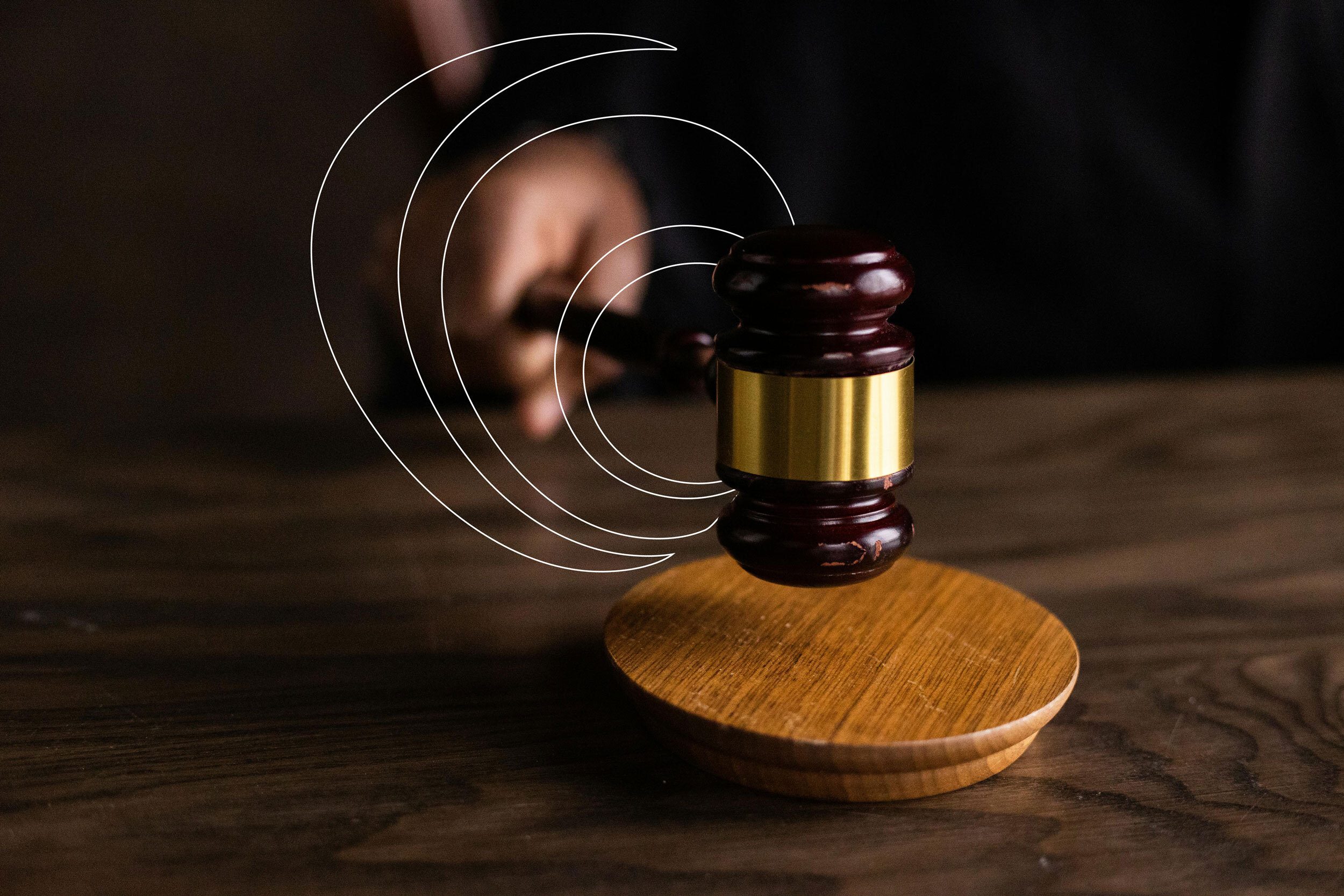
Who can provide escrow accounts in Denmark?
As a general rule attorneys are authorized to provide escrow account services in Denmark. Attorneys, however, may only offer escrow account services when it is directly related to a specific legal matter they are handling for a client. This ensures that the provision of escrow accounts remains ancillary to legal services.
When do parties use escrow accounts?
M&A Transactions
Escrow or holding accounts are frequently used in connection with mergers and acquisitions (M&A) or similar transactions, such as the sale of real estate. Typically, the (main) purchase price is deposited into the escrow account, which is irrevocably held by an attorney or bank until certain predefined closing conditions are fulfilled.
In other cases, a seller may deposit a portion of the proceeds into escrow as security for the fulfilment of the seller's warranties or specific indemnities in the transaction.
Litigation
Escrow accounts can also be employed in litigation (whether court cases or arbitration) if the parties mutually agree.
In such cases, a defendant may deposit funds into escrow to stop the accrual of default interest, in the event the case is decided against them.
For the claimant, using an escrow account, even if it means waiving default interest, ensures that the awarded funds will be transferred directly to them if they win the case.
Escrow Deposits Under the Danish Deposits Act (Deponeringsloven)
In cases where a debtor is unable to fulfill their payment obligation due to circumstances related to the creditor, the debtor may be entitled to deposit the amount at the creditor’s expense, in accordance with the Danish Deposits Act. This deposit will have the same effect as if the debtor had fulfilled their obligation.
This can also apply when the creditor fails to perform necessary actions that the debtor may reasonably demand before making the payment, or if there is reasonable doubt as to the rightful creditor. In such cases, the debtor cannot be held liable for the uncertainty.
Once the deposit is made, the debtor must, where possible, notify the creditor of the deposit. Failure to do so may result in liability for any losses incurred due to the lack of notification.
Furthermore, the debtor cannot reclaim the deposited funds unless they have expressly reserved the right to do so at the time of the deposit.
Who owns the deposited amounts?
As a general principle, the party who deposits the funds into escrow retains legal ownership of the funds until the agreed-upon release conditions are satisfied. This arrangement carries a minor risk, namely, if the holding bank were to become insolvent during the escrow period. However, in Denmark, a state guarantee covers most deposits up to EUR 100,000, mitigating this risk.
How does an escrow account work?
Although the depositor remains the legal owner of the funds, they lose control over the funds once they are placed in escrow. The bank or attorney acting as escrow agent will only release the funds when specific, predefined conditions are met. Typically, there is also a "long stop" clause, which stipulates that if the release criteria are not satisfied within a certain time frame, the funds will be returned to the depositor.
Is an escrow account interest-bearing?
Whether the escrow account is interest-bearing depends on the agreement made with the bank or attorney. In most cases, escrow accounts are not interest-bearing unless explicitly agreed otherwise.
What are the costs of setting up an escrow account in Denmark?
The cost of establishing an escrow account varies depending on whether the account is set up with a bank or via the attorney handling the matter.
Banks generally charge higher fees than attorneys. Attorneys typically charge based on the time spent on administrative tasks related to setting up the account, such as Know Your Customer (KYC) and Anti-Money Laundering (AML) checks. Banks, on the other hand, often charge a higher fixed fee for escrow services.
Alternatives to escrow accounts
In certain cases, parties may opt for alternatives to escrow accounts, such as bank guarantees or letters of credit.
The primary advantage of using an escrow account is that the deposited funds are removed from the control of both parties and held by an escrow agent. The funds are only released once objective criteria, defined by the agreement, are met.
Are you in need of an escrow account?
If you are involved in a transaction, legal matter, or dispute where securing funds through an escrow arrangement is necessary, or if you need assistance navigating the Danish Deposits Act (deponeringsloven) to deposit funds and protect your legal interests, please contact us.
Our experienced attorneys can provide the necessary legal guidance and set up a secure escrow account tailored to your specific needs

If you need our experience in litigation in Denmark to help you to make the optimal choices for your business in case of a dispute or court case.









